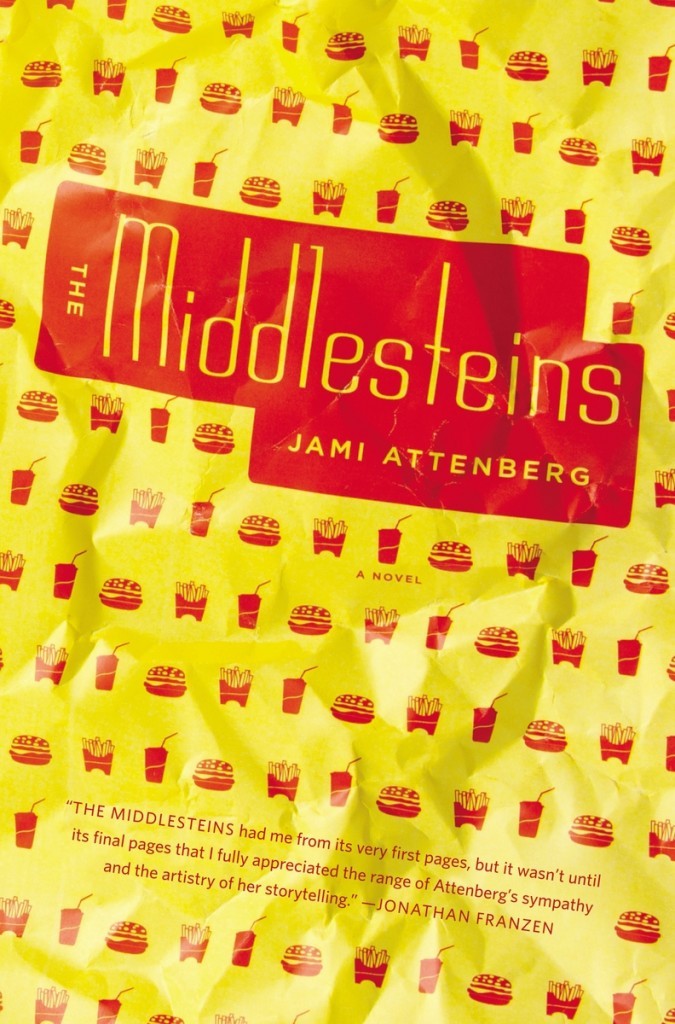A Tale for the Time Being - Ruth Ozeki
2013
I wish I could just say GO READ THIS BOOK RIGHT NOW, but that's not terribly substantive and I suppose I owe you more than that.
On the cost of a small island somewhere in Western Canada a riddle, wrapped in a mystery, inside an enigma, inside a Hello Kitty lunch box washes up.It turns out to be the diary of a Japanese teenager named Nao. Nao has a lot to be depressed about--she's viciously bullied by her classmates, she lives in a small two-room apartment in the seedy part of Tokyo, and her father keeps trying to kill himself. But she finds some solace in her great-grandmother, Jiko, who is a 104(ish) year-old anarchist, feminist, Zen Buddhist nun. The story is told in alternating chapters following Nao and Ruth, the woman who finds the washed-up diary as she tries to find out more about Nao, whether she is real, and where she is now.
As you might've suspected, the Ruth of the book is actually Ruth, the author. Ozeki basically wrote herself and her husband (and perhaps some acquaintances?) into the book. Which I would usually find kind of lazy and self-indulgent like, "Really? You couldn't think of any other character?" BUT, I read an interview with Ozeki and where she mentions that she "auditioned" a number of characters, writing complete drafts with them, before realizing that the character that worked best was herself. So...I guess I'll give her a pass. Especially because the character-Ruth is well done and she doesn't try to hide it by giving her and her husband different names.
Anyway, I was initially way more interested in the Nao parts than the Ruth parts and so at first I was just rushing through Ruth to get back to Nao and I kept wondering why we even needed the Ruth bits in the first place. But as the story progressed, the Ruth parts became more interesting and more integral to Nao's story.
As I said though, I loved this book. Despite any initial complaints, the book really drew me in. Ozeki creates this great contrast between the cruelty and beauty of the world. Nao's story is at the same time charming and heartbreaking. There were times in this book where I was close to tears, which is a big deal because I'm not a cryer The settings are vivid and real--from Tokyo's Akihabara Electric Town to Jiko's mountain, Buddhist retreat, to Ruth's isolated, island home. It explores the meaning of the present by intersecting the past, present, and future, and pulls everything together in an elegant way with a definite, but also slightly ambiguous, ending.
I'd say more but a) It's been a while since I finished the book (school has this nasty habit of getting in the way) and b) I don't want to say too much because it really is a book you should discover on your own. Which brings me to my next point: READ IT.
I was really on the fence on whether I should give this book a full 5/5, because on the one hand I absolutely loved it, but on the other hand there were a few elements that didn't quite fit as well as the rest...but I figured that since this was the first book I even considered giving a 5 to, I should trust my gut and there we have it, the first 5/5 Fancies.
Read a-likes: After the Quake by Haruki Murakami






